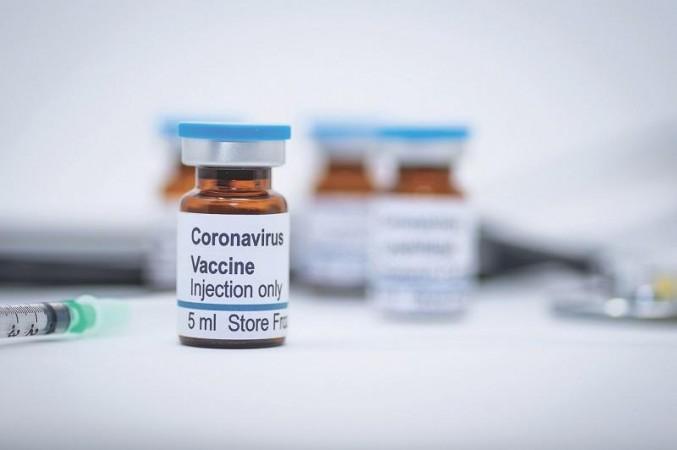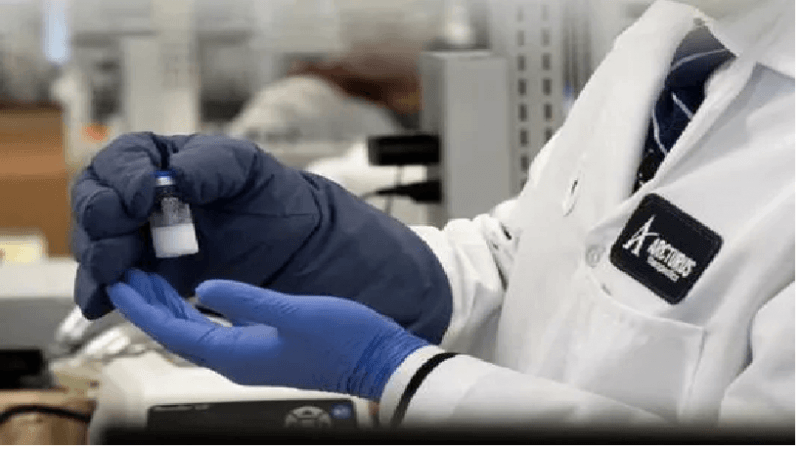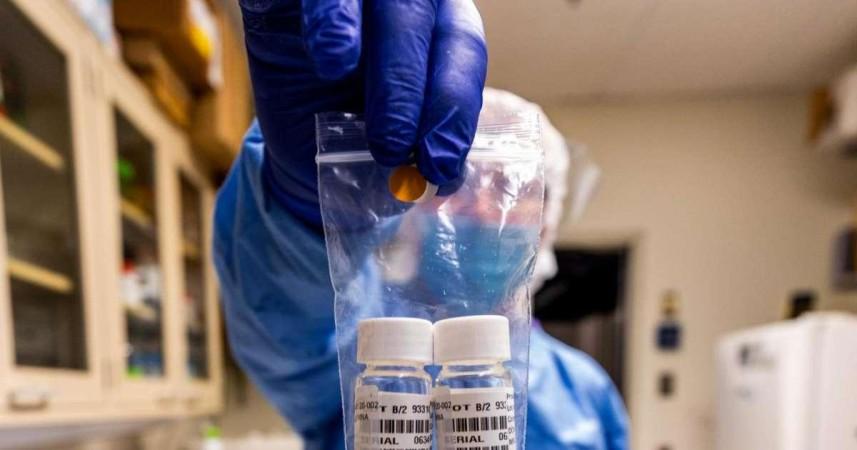Researchers in the United States on Thursday, April 2, informed about their successful test of a potential vaccine for Covid-19 in mice. The potential vaccine, which when delivered through a fingertip-sized patch, produced an immune response specific to the novel coronavirus at quantities thought to be sufficient for neutralising the virus.

The PittCoVacc
After having a detailed idea on the nature of other coronaviruses, that causes Severe Acute Respiratory Syndrome (SARS) and Middle East Respiratory Syndrome (MERS), the team of scientists at the University of Pittsburgh School of Medicine in the US mentioned that they were able to move quickly in developing a potential COVID-19 vaccine.
The study was published in the journal EBioMedicine which noted that when tested in mice, the PittCoVacc - short for Pittsburgh Coronavirus Vaccine -- generated a surge of antibodies against the coronavirus, SARS-CoV-2, within two weeks of delivering it.
"We had previous experience on SARS-CoV in 2003 and MERS-CoV in 2014. These two viruses, which are closely related to SARS-CoV-2, teach us that a particular protein, called a spike protein, is important for inducing immunity against the virus," said co-senior author Andrea Gambotto from the University of Pittsburgh in the US.

"We knew exactly where to fight this new virus," added Gambotto.
Vaccine to be soon tested on humans
The scientists said the vaccine described in the current study follows a more established approach, using lab-made pieces of viral protein to build immunity. The vaccine works the same way as current flu shots.
The team also said that they hope to start testing the vaccine candidate on people in clinical trials in the next few months. The potential vaccine uses a needle patch design, called a microneedle array, to increase its potential potency.

This array is a fingertip-sized patch of 400 tiny needles made out of sugar and the spike protein, explained Gambotto. It is designed to deliver the spike protein pieces into the skin, where the immune reaction is strongest.
Researchers across the world are trying to develop potential vaccines and treatment methoods against the deadly novel coronavirus. The contagion has claimed lives of nearly 47,000 people and infected almost a million in just a few months.















